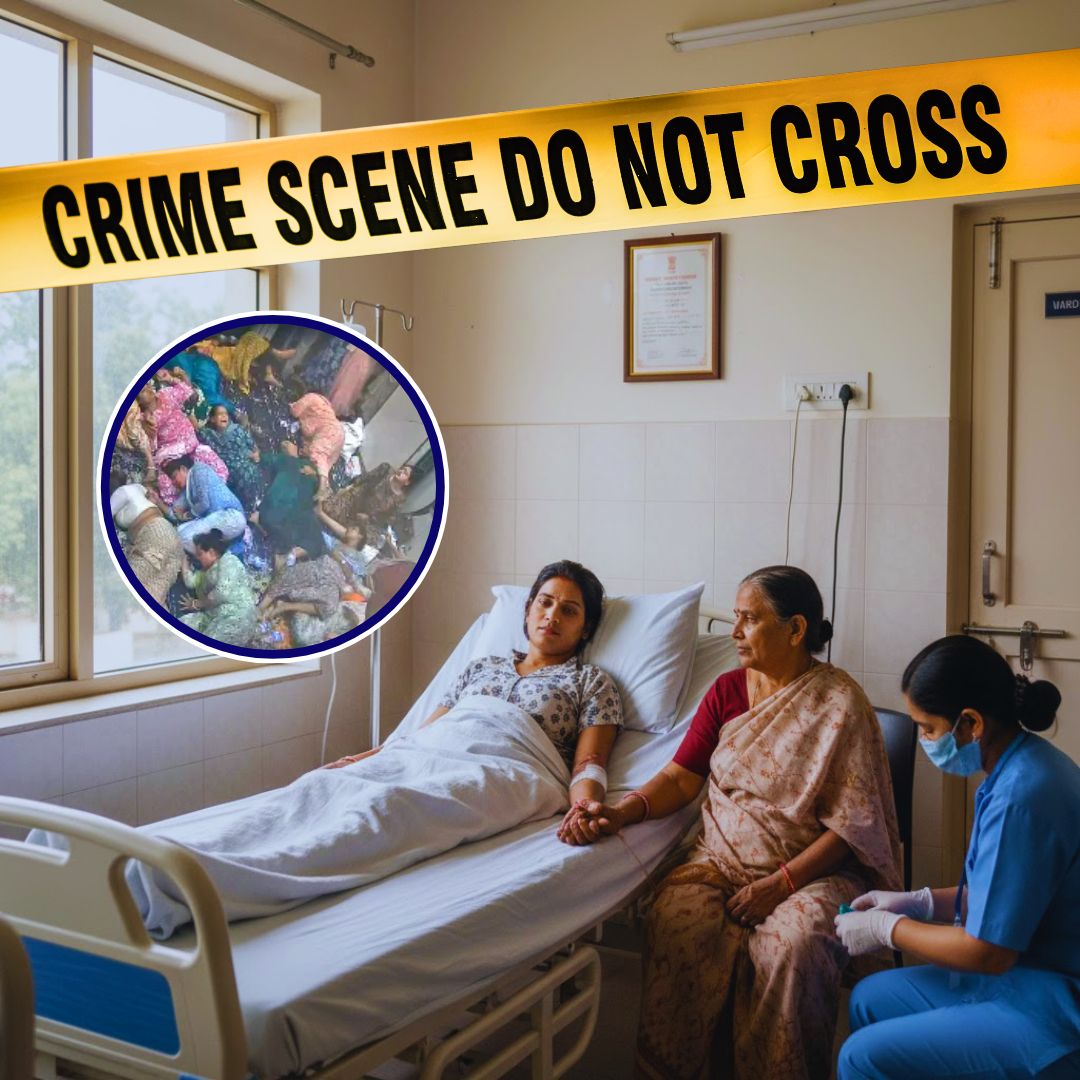Around 25 transgender persons in Indore reportedly consumed phenyl late on Wednesday night in a mass act that led to their hospitalisation at the government-run Maharaja Yashwantrao Hospital.
The patients, mostly stable, were admitted following the alleged ingestion of the chemical, which is commonly used as a disinfectant. Officials have confirmed the incident but are yet to verify the exact substance consumed.
Authorities are investigating the motive behind the act and whether it connects to a recent violent episode within the transgender community.
Incident Details and Official Response
The incident occurred in the Nandlalpura area, home to many members of the transgender community, at approximately 8:30 p.m. Police and emergency responders arrived promptly after reports of several group members falling ill after consuming an unidentified substance together.
Dr Basant Kumar Ningwal, Superintendent-in-Charge at Maharaja Yashwantrao Hospital, stated that although those admitted claimed to have consumed phenyl, this had not been conclusively confirmed. Crucially, none of the patients are in critical condition, and all are receiving necessary medical treatment.
Additional Deputy Commissioner of Police Rajesh Dandotiya emphasized that investigations are underway to determine both the substance ingested and the reasons behind the mass consumption. Authorities have also begun recording statements from survivors as their health permits.
Underlying Causes: Protest and Demand for Justice
Further inquiry reveals the incident was tied to a protest sparked by the alleged rape of a transgender woman by two men who reportedly posed as journalists. The accused, Akshay Kumaon and Pankaj Jain, allegedly blackmailed and sexually assaulted the victim, causing outrage within the community.
Neha Kunwar from the Nandlalpura “Kinnar” dera highlighted that the victim had been threatened with defamation and had Rs 1.5 lakh extorted from her. The mass consumption of phenyl is understood as a collective act of desperation and a demand for swift justice against the accused.
Following the incident, community members gathered at the hospital, demanding the arrest of the perpetrators, leading to heightened tensions and a near attempt at self-immolation by some protesters, which the police successfully averted. The police have registered cases against the accused and are continuing their probe into the matter.
Broader Social Context and Challenges
This disturbing episode shines a light on the systemic discrimination and vulnerabilities faced by transgender persons in India. Despite constitutional safeguards and legal recognition, many in the community experience social exclusion, violence, economic hardship, and inadequate access to healthcare and justice.
Mental health struggles are widespread, often exacerbated by stigma and marginalisation. Such crises underscore the urgent need for comprehensive social reforms, including better access to counselling, legal protection, and community support.
The Indore incident also reveals fissures within the transgender community itself, as authorities noted the involvement of disputes between local groups, complicating the social dynamics.
The Logical Indian’s Perspective
This tragedy starkly illustrates the consequences of neglecting the mental health and human rights of marginalised groups. It calls for a societal commitment to inclusivity, empathy, and justice, ensuring that transgender persons can live free from fear, violence, and despair.
Beyond legal action, there is a pressing need to amplify voices within the community, provide sustainable livelihood opportunities, and offer continuous psychological support.
We encourage readers to reflect on the ways communities and governments can collaborate to create safe, supportive environments that affirm dignity and foster coexistence.











